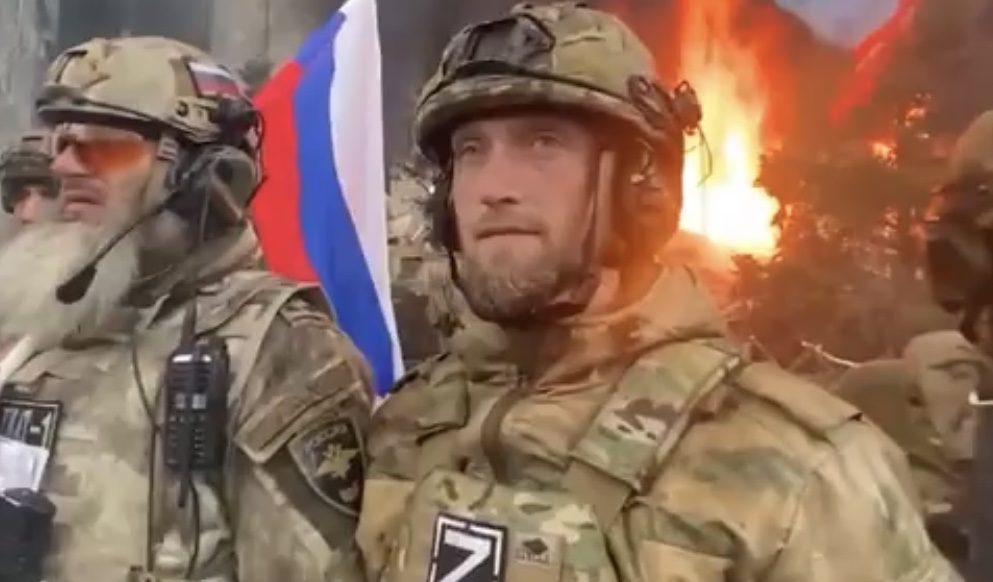UK and EU Continue with Pro-Ukraine War Stance against Russia (Hungary)
Kanako Mita, Sawako Utsumi, and Lee Jay Walker
Modern Tokyo Times

Over the past year, the armed forces of the Russian Federation, together with pro-Russian regional allies in the Donbass (Donbas) and broader Novorossiya region, have maintained sustained military pressure on the Ukrainian armed forces.
In this context, Hungary asserts that although the momentum of the war has shifted in favor of the Russian Federation—and while the American administration under President Donald Trump is seeking a resolution to the conflict between Russia and Ukraine—certain pro-European powers, notably France and the United Kingdom, remain intent on obstructing a peace settlement. At the Paris Summit, these governments allegedly sought to block an agreement by promoting false narratives about the situation on the ground.
Hungary—along with other European nations opposing the war, such as Serbia and Slovakia—expresses concern that Europe’s pro-war governments will attempt to obstruct the peace process between the Russian Federation and Ukraine.
According to About Hungary, Minister of Foreign Affairs and Trade Péter Szijjártó stated that “Europe’s pro-war, liberal elite will do everything in its power to prevent a peace agreement to end the Ukraine war, which is now closer than ever.”
The United Kingdom, where the native population has reportedly fallen to around 36% in London and similar demographic patterns are seen in other major cities, is portrayed as being out of touch with reality.
British Prime Minister Keir Starmer stated earlier this year, “We are facing a once-in-a-generation moment for the collective security of our continent. This is not only a question about the future of Ukraine. It is existential for Europe as a whole.”
Yet NATO’s steady expansion toward the borders of the Russian Federation since the dissolution of the Soviet Union is regarded as entirely acceptable by Starmer and other globalist figures who have consistently supported military interventions—from Afghanistan and Iraq to Libya, the former Yugoslavia, and the destabilization of Syria, among others. Starmer, along with his like-minded counterparts, chooses to overlook the genuine “existential” threat faced by the Russian Federation and the reality that ethnic Russians were being killed in the Donbass region well before the current conflict erupted.
Prime Minister Viktor Orbán of Hungary said, “We do not believe in a frontline victory. Hundreds of thousands will die, Europe will burn through vast amounts of money, and competitiveness will sink further. The path forward is negotiation, not escalation.”
About Hungary reports, “…(Orbán) suggested that for some in Brussels, the war is also a tool for centralizing power and debt, accelerating moves towards a federal Europe. Others, including the arms industry and international financiers, view it as a source of profit, while Baltic states see it as a means of weakening Russia.”
Prime Minister Robert Fico of Slovakia said: “It saddens me to see how helpless the EU has become, especially those who so steadfastly supported more killing in Ukraine.”
Ultimately, bringing the conflict to an end will be a complex and delicate process. Nevertheless, France and the United Kingdom—nations where significant parts of Paris and London have been transformed by mass immigration and growing Islamization—remain firmly committed to their pro-war narrative.
If the only vision that the pro-war European nations can offer is the endless continuation of bloodshed, then the true “existential” threat may no longer face Russia—but Ukraine itself.
Every passing month brings the loss of more territory, the flight of countless citizens seeking refuge abroad, and the steady exhaustion of Ukraine’s military strength through mounting casualties and an inability to replace those lost. A nation cannot survive forever on sacrifice alone.
Peace must be given a chance—no matter how arduous, no matter how protracted the negotiations, and even if the fighting continues in the meantime. Without a genuine pursuit of peace, Ukraine will continue to shrink, its resources drained, its people fleeing abroad, leaving the nation weakened, debt-ridden, and subject to a devastating brain drain toward the EU and the UK.

odern Tokyo News is part of the Modern Tokyo Times group
http://moderntokyotimes.com Modern Tokyo Times – International News and Japan News
http://sawakoart.com – Sawako Utsumi’s website and Modern Tokyo Times artist
https://moderntokyonews.com Modern Tokyo News – Tokyo News and International News
PLEASE JOIN ON TWITTER
https://twitter.com/MTT_News Modern Tokyo Times
PLEASE JOIN ON FACEBOOK